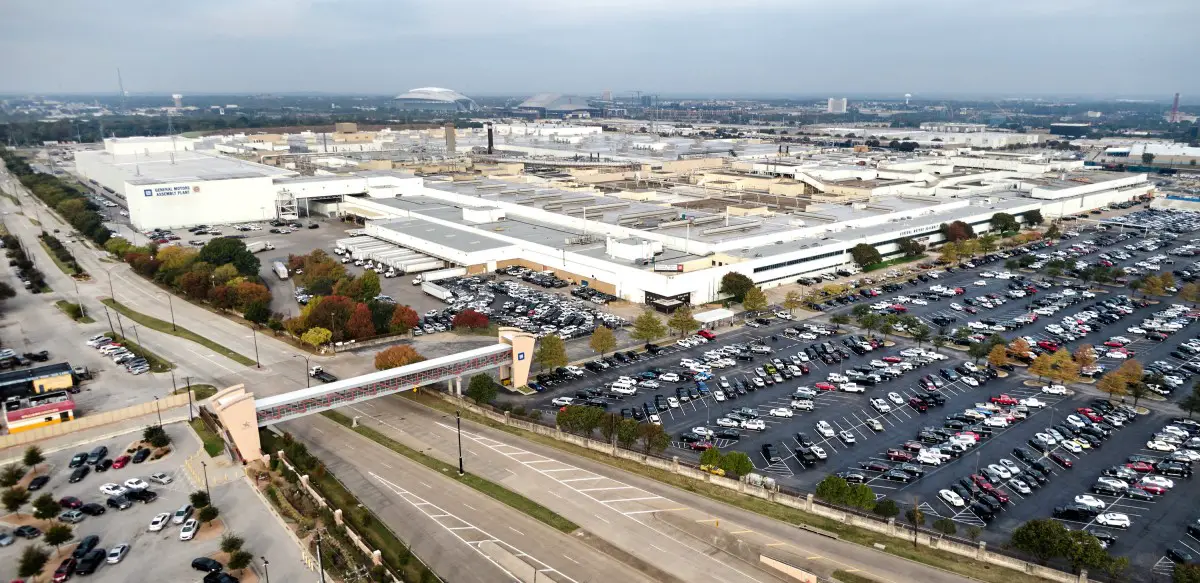Just when we thought the UAW strikes would escalate, a surprising turn of events unfolds. The UAW has decided not to extend its strike to GM’s Arlington, TX facility. What led to this decision, and how does it impact GM’s financials? Read on to find out.
A Last-Minute Reprieve
In a move that has caught many by surprise, the United Auto Workers (UAW) union has decided not to extend its strike to General Motors’ Arlington, Texas facility. This decision comes after GM agreed to include battery cell workers under the company’s national agreement, a significant point of contention in the ongoing negotiations. UAW President Shawn Fain announced that this agreement has led to a “transformative win” for the union.
The Financial Impact
As we’ve previously discussed, the UAW strikes have been a financial burden for GM, costing the company an estimated $200 million in lost production during the third quarter. The decision to hold off on striking at the Arlington facility, which produces highly profitable full-size SUVs, offers a momentary financial reprieve for GM.
Quotes and Specifics
Shawn Fain, UAW President, stated during an online broadcast, “Just that threat has provided a transformative win. We’ve been told for months that this is impossible … and now we’ve called their bluff.” This statement underscores the power dynamics at play and how the union’s strategies are yielding results.
What’s Next?
While the situation remains fluid, this latest development indicates progress in the talks between GM and the UAW. Only about 17% of UAW members covered by the expired contracts with Detroit automakers are currently on strike, according to CNBC. The union had plans to shut down GM’s Arlington Assembly plant but changed course following GM’s last-minute proposal.

